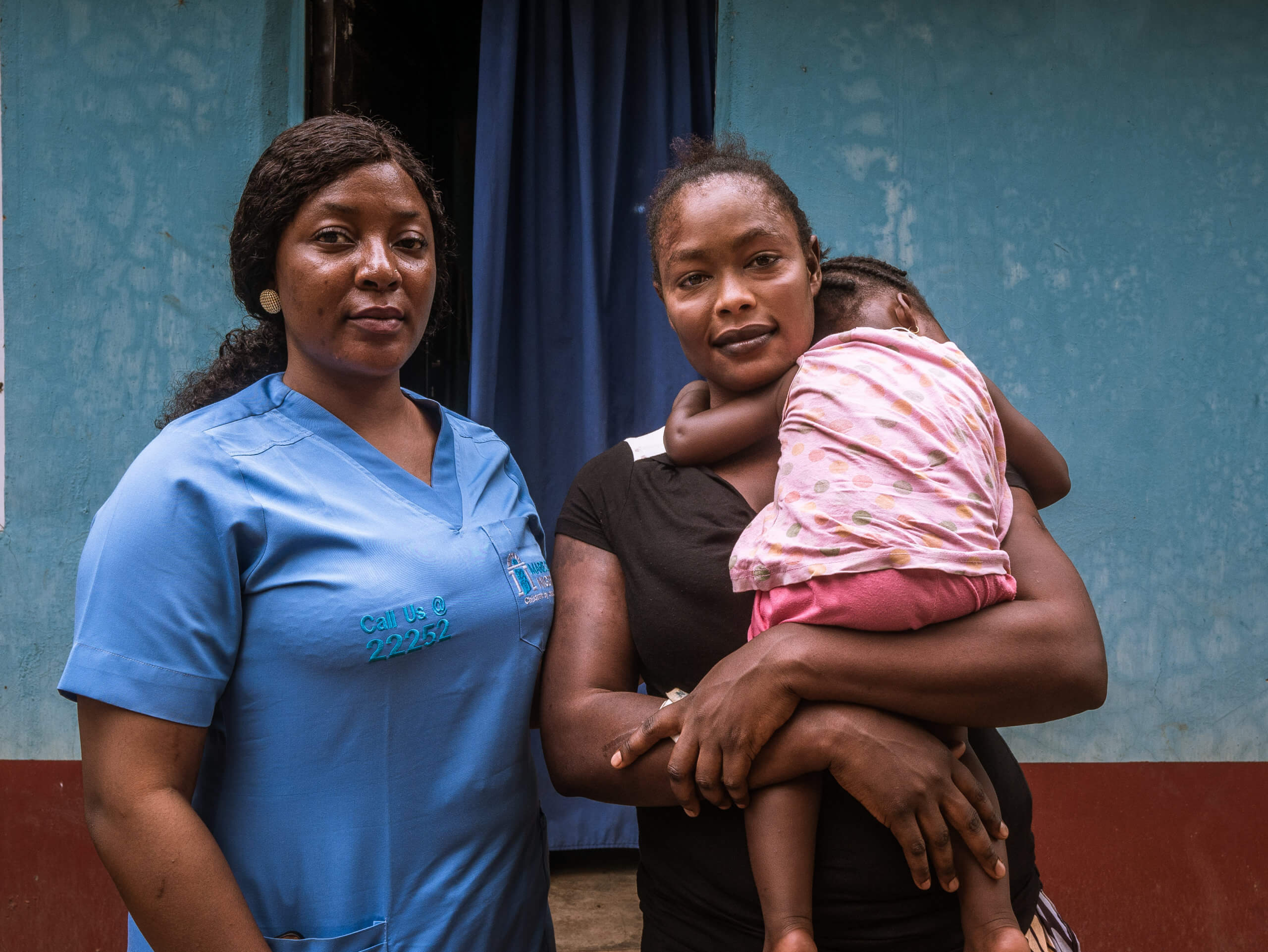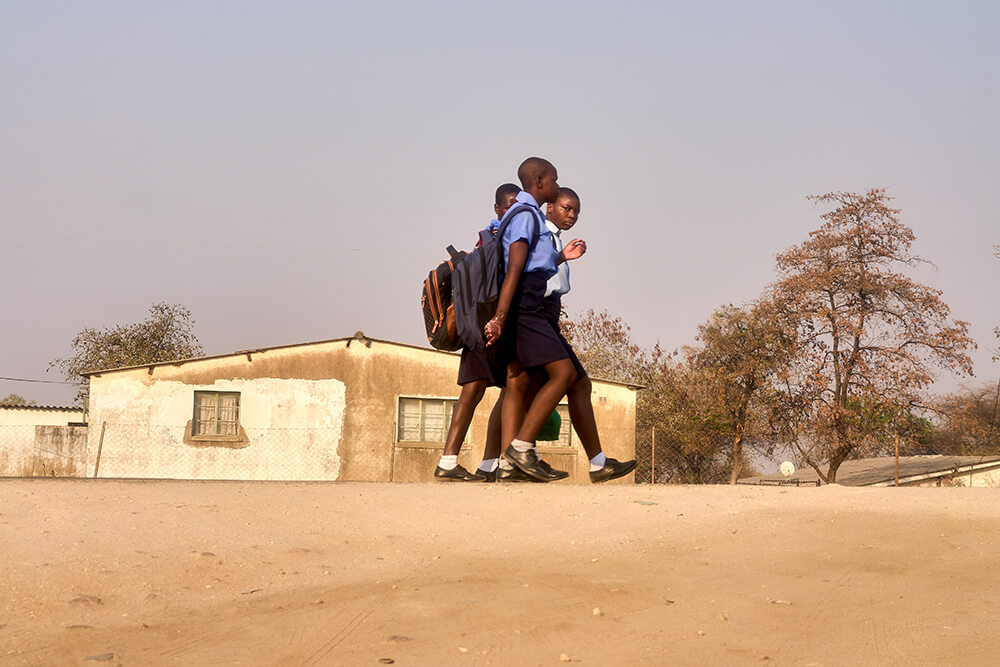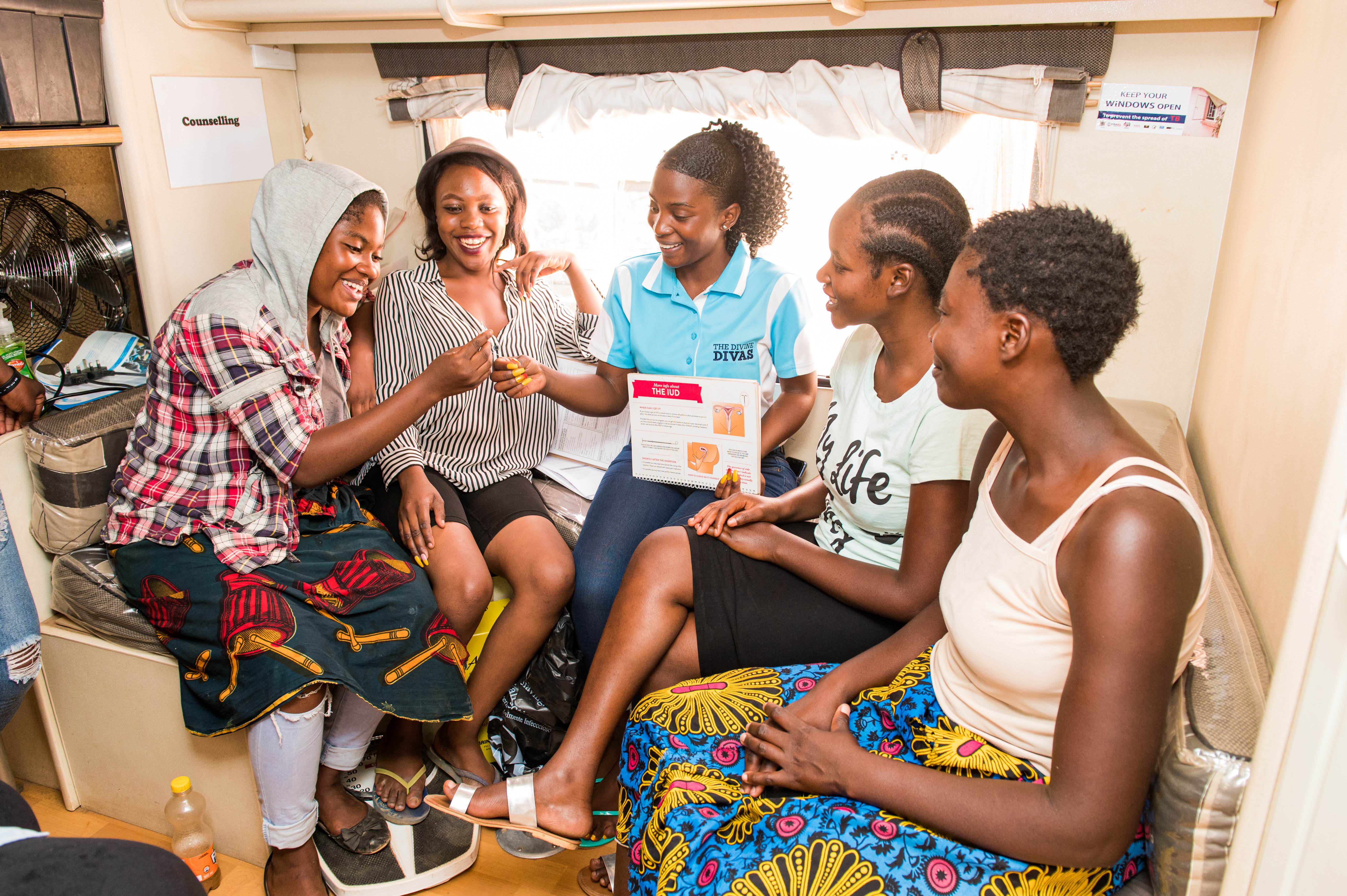One policy change in Kenya could save women’s lives
Unsafe abortion is a leading cause of death and injury to women in Kenya. Every year, thousands of women arrive at health facilities with complications from unsafe abortions—but many healthcare providers aren’t trained to treat them.
That’s why, over the past several years, MSI has worked with a coalition of partners – the Reproductive and Maternal Health Consortium-Kenya – and the Kenyan Ministry of Health to develop new guidelines and training curriculums for post-abortion care. It’s a change that will save lives, ensuring that women across Kenya can access the care they need after an unsafe abortion.
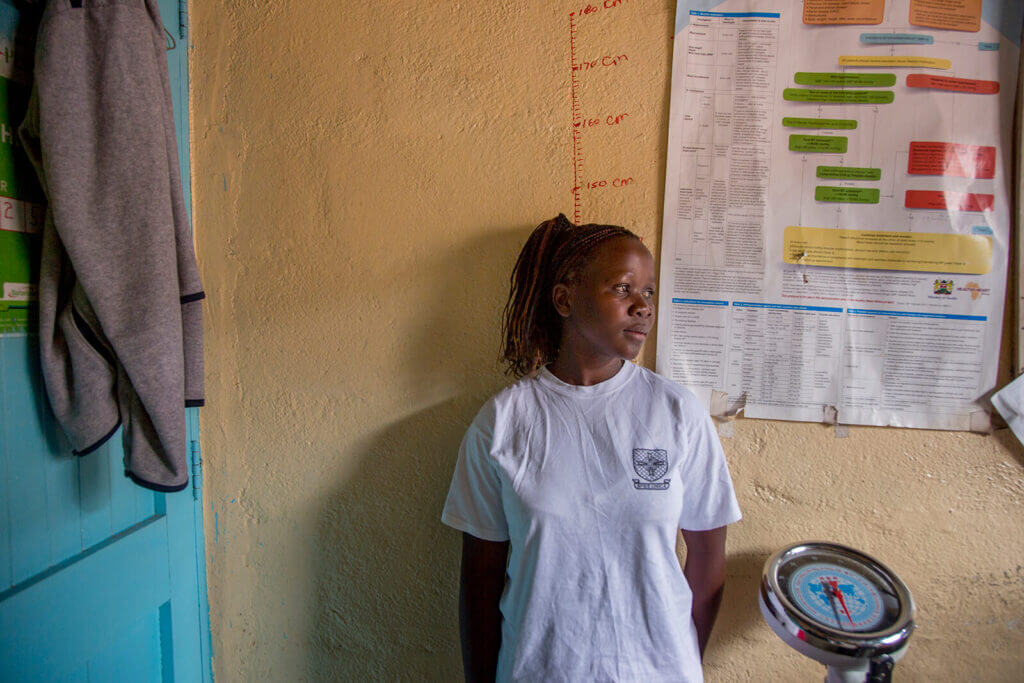
Unsafe abortion in Kenya
The Kenyan constitution allows abortion in some circumstances, such as preserving a woman’s health and in cases of rape. However, in 2014, the government withdrew its official guidelines for safe abortion care—leaving a void for providers who wanted to offer safe services.
Doctors and nurses suddenly had no information about which providers and what kind of facilities could provide abortion—and in the face of the uncertainty, many simply stopped. Some providers were even arrested and spent time in prison for offering abortion care.
Women were left with few options. Wealthier women could leave the country for safe services, but poorer women were forced to seek unsafe abortions, with tragic consequences.
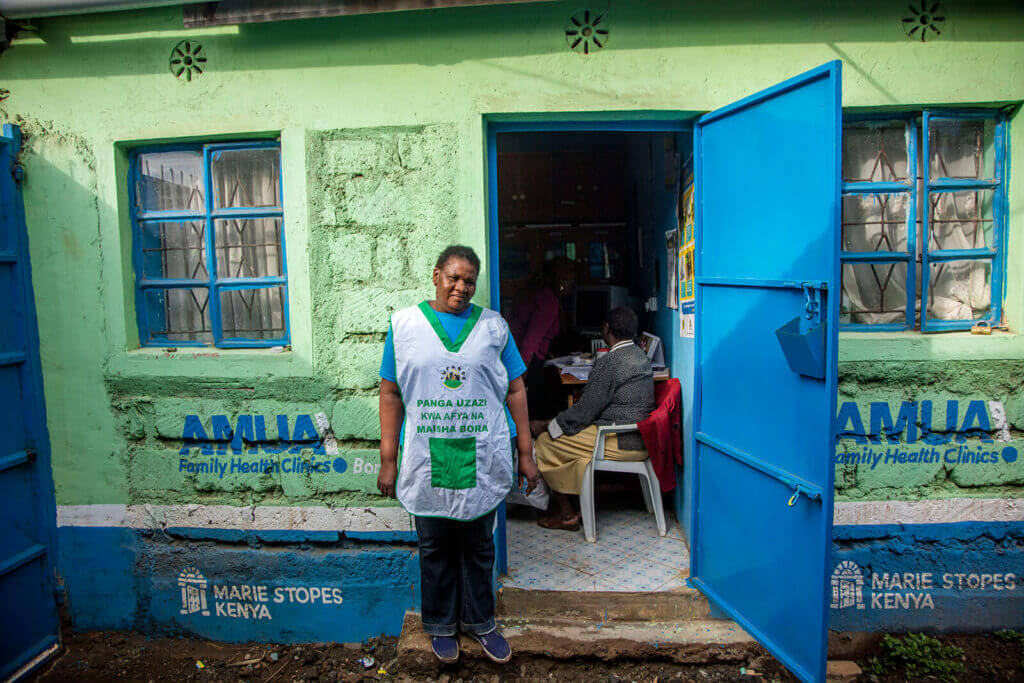
Advocating for post-abortion care in Kenya
Seeing the urgent need for better care after unsafe abortions, MSI joined the Reproductive and Maternal Health Consortium Kenya to lobby the government for post-abortion care guidelines. Post-abortion care involves the treatment of complications from unsafe abortion, and it can be life-saving. RMHC-K worked with the Ministry of Health to develop the guidelines, clarifying which providers can offer post-abortion services and what kinds of facilities are required. Importantly, RMHC-K also helped write a new training curriculum. With new training materials, public-sector providers—who served some of the most vulnerable women—would be able to learn the skills they needed to save women’s lives.
Putting policy into practice
The new guidelines were approved at the end of 2019. But until providers are actually trained, women will continue to die from unsafe abortion. That’s why MSI Kenya and other RHMC-K members are working with health care facilities in individual counties that are hard-hit by unsafe abortion to put the new guidelines into effect.
How can we change behavior at individual health facilities? It starts with sitting down with local leadership to determine how many providers need to be trained and how much it will cost, then ensuring that that is reflected in the county health budget. Facilities will also need the supplies to provide post-abortion care, so we’re advocating to ensure that those are budgeted for and procured.
We also hope to work with the national training authority to ensure that all public providers receive training on post-abortion care before they begin working. Training young healthcare providers ensures the next generation will be ready to help women who have experienced unsafe abortion.
At MSI, we’re working towards a world where no abortion will be unsafe. But until unsafe abortion is eliminated, we’ll keep pushing for policy changes like these that equip doctors and nurses to save women’s lives.



